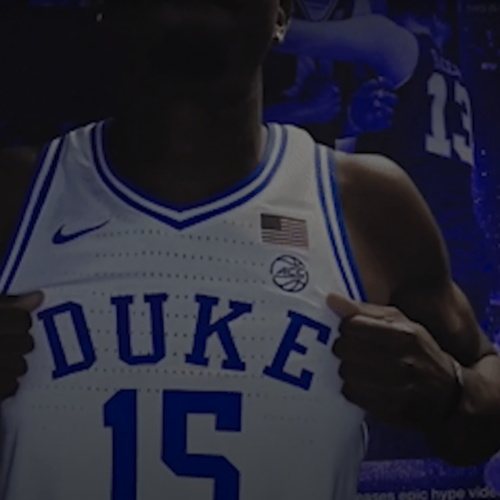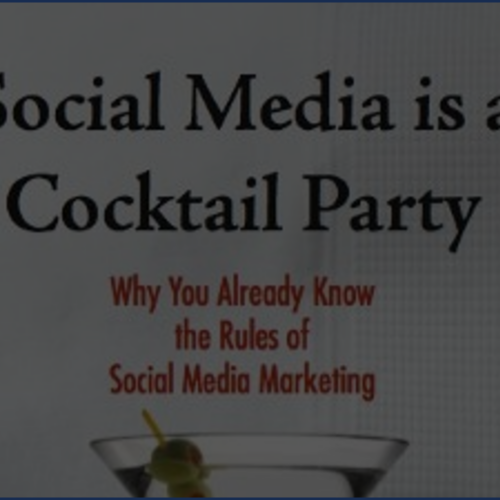07 Apr Checklist to Ensure Contest Hashtags Follow FTC Guidelines
Even your hashtags must include evidence of a contest entry, according to the FTC. Luckily, compliance is easier than it sounds.

The FTC made Cole Haan an example, when the brand ran a Pinterest sweepstakes that asked users to create a board with photos tagged “#wanderingsole” to enter for a $1,000 shopping spree. For social marketers, this looks like just another unbranded hashtag to count entries and find a winner, but the FTC had a different view. The FTC says the Pinterest promotion violated Section 5 of the Federal Trade Commission Act, which basically deems the hashtag “deceptive.” The FTC says that since the hashtag wasn’t clearly tied to a promotion, any follower could think it signaled a genuine appreciation for the Cole Haan content – not that you were pinning simply because you wanted to win $1,000 to spend on some oxfords.
Luckily for Cole Haan, the FTC didn’t penalize them for the hashtag (phew), since they’d never publicly addressed the matter.
What does your brand need to do to avoid a terrifying call from the FTC? Note: I am not a lawyer. This checklist is meant to be a guideline, not absolute legal advice.
- Be really, really transparent, no matter the social network. Our promotions department cautions that the FTC likely doesn’t see a difference between Pinterest, Instagram or Twitter, so treat all hashtag promotions the same. Adding “promo,” “contest” or “sweeps” onto the end of a hashtag symbolizes that it’s a post associated with entrance into a contest. So if your brand’s “#GoGreener” sweepstakes features a social action component, change that hashtag to “#GoGreenerPromo.”
- For Pinterest, don’t get too specific. It’s important to create programs that ask pinners to create “idea boards” showing pins that can be a bit vaguer, rather than something that explicitly is hocking a product. Ask pinners to create boards that link to pre-existing content and not boards that are explicitly linking to the campaign. If you dictate what they have to share, they also have to disclose they’re entering a contest. For example, if you run social for a hotel brand, ask fans to submit boards of their favorite travel destinations.
- Talk to your legal (and your creative team). Make sure everyone working on the program gets familiar with the FTC’s hashtag endorsement approach. We can’t think of anything more terrifying than a call from the FTC, so make sure your promotion and the rules associated are compliant. Also make sure you take a look at the platform’s terms and conditions. For instance, Pinterest’s terms and conditions say that you cannot limit entry to a specific selection of photos. In the case of the Cole Haan sweepstakes, entrants were required to pin a pair of Cole Haan shoes for entry which means they were already in violation of Pinterest’s terms. Just like the FTC’s guidelines, guidelines on these platforms have been created to protect the consumer, so compliance with the platform’s terms are another level of assurance.
How will you work around the FTC’s rule? Let us know in the comments.






